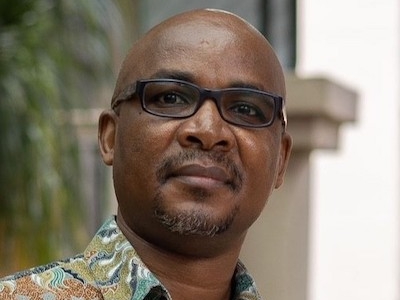In the wild west of online crowdfunding, sometimes an organizer tries to change the terms of a campaign – in the middle of the campaign. Maybe the organizer raises more than was needed, as occurred in the Humboldt Broncos campaign, or maybe the organizer wants to change donation recipients, as Celeste Barber did with her Australian bushfire appeal. Current laws and rules make it difficult to adapt campaigns to changing circumstances – and chaos can follow.
Nonprofit leaders and fundraisers have likely never heard of the Uniform Law Conference of Canada (ULCC), but it’s time to pay attention to this national organization if you’re involved in crowdfunding. ULCC was founded in 1918 to harmonize the laws of Canadian provinces and territories, and it develops model legislation that can be used to modernize laws.
The ULCC addressed fundraising issues beginning in 2005 with the Uniform Charitable Fundraising Act. This statute was limited in scope, as it didn’t cover activities by non-charities, and was never adopted by provinces. The next step was a draft Uniform Informal Public Appeals Act (UIPAA) in 2011. Only Saskatchewan adopted it, which later helped to resolve the divisive legal issues in the Humboldt Broncos Memorial Fund Inc.

With the rapid evolution of online crowdfunding, the ULCC model statute was updated in 2020 and its name changed to the Uniform Benevolent and Community Crowdfunding Act. The UBCCA focuses on crowdfunding, such as a GoFundMe campaign, but doesn’t cover fundraising by registered charities and other ‘qualified donees’ (as defined in the Income Tax Act) and doesn’t cover campaigns related to partisan politics, investments or those that reward the organizer over other beneficiaries.
To understand how the UBCCA works, we need to appreciate the legal concept of a “trust”– and the obligations a trust creates. A trust is a mechanism for one person (in this case, a donor) to transfer assets to another person (the “trustee,” here the organizer of an appeal) with the intent of benefiting other people. Normally, trusts are formalized through some kind of documentation that specifies the obligations of the trustee. The challenge with crowdfunding campaigns is that they usually have little or no formal documentation that specifies how the organizer should deal with donors or how to steward and disburse the funds. A lot of problems arise.
 The UBCCA clarifies that a crowdfunding appeal establishes a trust relationship and it creates trustees, those who direct the appeal. It requires them to maintain a segregated bank account for funds, and varies the lifespan of crowdfunding trusts from the common law. It also enables actions that existing law makes very difficult. Within limits, it allows changes in the middle of a campaign, for instance, to modify the original purpose or to name different organizations or groups as beneficiaries. And it also gives courts new powers to oversee fund administration and sets out ways for dealing with surpluses. Importantly, if an appeal isn’t being properly administered, the UBCCA allows those affected, including donors, to go to court to enforce the trust.
The UBCCA clarifies that a crowdfunding appeal establishes a trust relationship and it creates trustees, those who direct the appeal. It requires them to maintain a segregated bank account for funds, and varies the lifespan of crowdfunding trusts from the common law. It also enables actions that existing law makes very difficult. Within limits, it allows changes in the middle of a campaign, for instance, to modify the original purpose or to name different organizations or groups as beneficiaries. And it also gives courts new powers to oversee fund administration and sets out ways for dealing with surpluses. Importantly, if an appeal isn’t being properly administered, the UBCCA allows those affected, including donors, to go to court to enforce the trust.
What does all this mean for crowdfunding organizers? It means they need to familiarize themselves with new rules and fulfil legal obligations if a province or territory adopts the UBBCA. Even if the UBBCA isn’t adopted, there may still be elements of it that are useful in guiding conduct when doing crowdfunding.
The outstanding question is: when and how will provinces and territories adopt the model legislation?
Peter Broder is General Counsel and Policy Analyst with The Muttart Foundation, Edmonton. Broder is on LinkedIn.
Sign up for PANL Perspectives' free, monthly newsletter
Sunday, December 6, 2020 in Fundraising, Public Policy & Advocacy
Share: Twitter, Facebook
 By
By 


